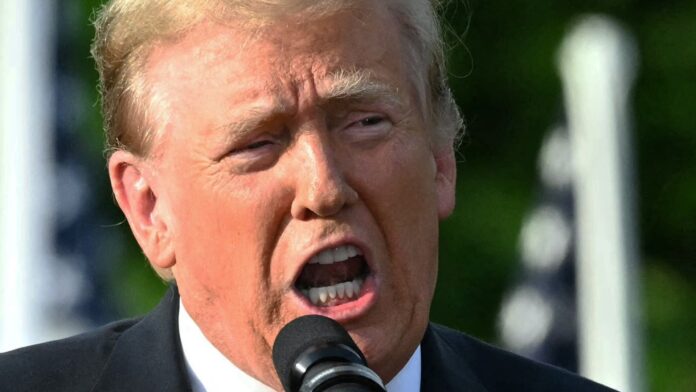Key Falsehoods or Claims:
In the article “That’s interesting: Did Trump just launch a new conspiracy theory?” by AlterNet, the main falsehood or claim discussed is Donald Trump’s recent suggestion that the FBI and Department of Justice may have been involved in a conspiracy to spy on his 2016 presidential campaign.
Source Bias:
AlterNet is known for its left-leaning perspective, so it’s important to be aware of potential bias in their reporting. It’s always a good idea to seek out reporting from a variety of sources to get a more complete picture of the story.
Analysis of Falsehoods’ Impact:
The article discusses how Trump’s conspiracy theory may shape public opinion, particularly among his supporters. It points out that such falsehoods can undermine trust in vital institutions like the FBI and Department of Justice, which poses a threat to our democracy. The article also references past polling data that indicates a significant portion of Republican voters believe in deep state conspiracy theories, suggesting that Trump’s claims may further solidify these beliefs.
Hypothetical Public Reactions:
Hypothetically, if Trump’s conspiracy theory gains traction, it could potentially lead to increased distrust of government institutions among his supporters and further polarization of political opinions. This could have implications for voter behavior in future elections, as well as impact the overall functioning of our democracy.
Further Reading Recommendations:
For further reading on the topic, I recommend exploring reputable sources on media influence and misinformation studies, such as research from the Harvard Kennedy School’s Shorenstein Center on Media, Politics and Public Policy, or the Pew Research Center. It’s important to seek out a variety of perspectives in order to gain a comprehensive understanding of the impact of lies and conspiracy theories on public opinion and democracy.
Source link
Redirect URL
